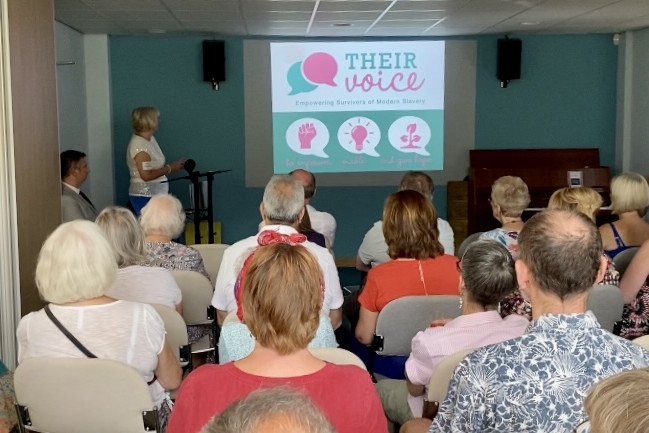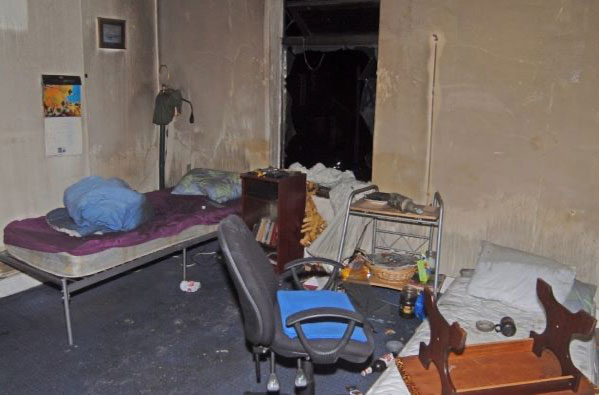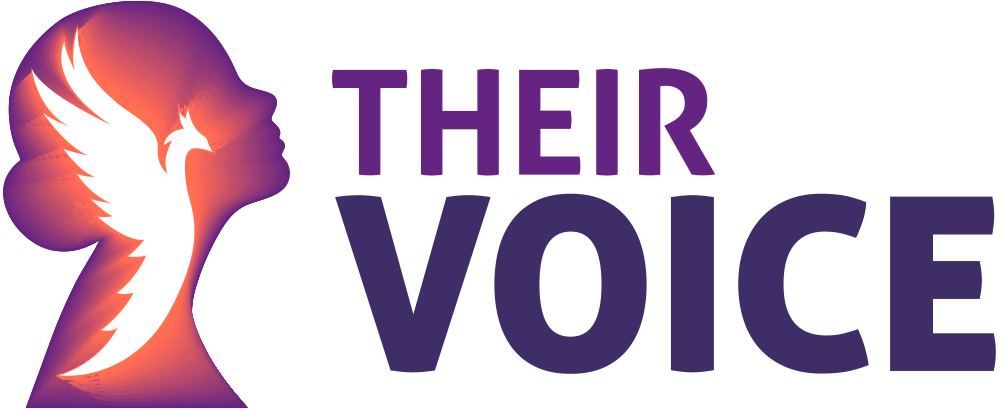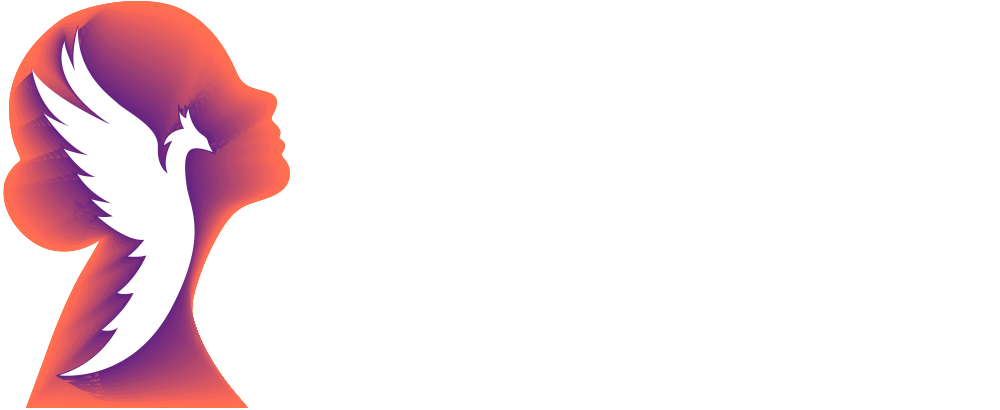
Raising awareness
Part of our mission is to continue to raise awareness of the crime of modern slavery and human trafficking through various events, education and social media.
In addition, our aim is to empower the local community to be more aware of the signs of modern slavery and how to report them.
Statistics from the home office show that British Nationals form one of the largest groups of victims referred to the authorities, with children from disadvantaged backgrounds forming the majority of this group. Poverty, economic imbalances, mental capacity, experience of abuse, isolation and lack of education are just some of the key issues which can contribute to someone’s vulnerability in becoming a victim of modern slavery and human trafficking.
Modern slavery is closer than you think, it could be the man washing your car, the lady in your beauty salon, the man working on the construction site next door or the cleaner at the office.
What is Modern Slavery?
Modern Slavery is a horrendous crime where the selling of men, women and children via force, coercion and deception is for another’s financial gain. It is estimated that £100 billion is made each year from modern slavery and that over £3,300 every second.
TYPES OF EXPLOITATION.
Sexual exploitation this involves being tricked and forced into prostitution, escort work and pornography. Vulnerable women and children make up majority of victims, men can be affected.
Forced Labour a person has no choice or control over their work, where they live and who they speak to, usually found on building sites, in agricultural, nail bars, car washes and hospitality.
Criminal exploitation a person is forced to transport drugs, work on cannabis farms, do shop lifting and begging. Often children are used because they are not of the age of criminal responsibility.
Domestic servitude this is where a person has to cook clean or do childcare for little or no pay, limited or no free time and often forced to sleep where they work.
Forced marriage when a child of adult has not consented to be in the marriage and unable to leave.
Organ Harvesting involves the illegal removal of organs with or without the donor’s consent.

It is estimated that £100 billion is made each year from modern slavery and that over £3,300 every second.
Spot the Signs of Slavery
Potential signs may include
Isolation
- Rarely allowed to travel on their own
- Appear to be under the control of others
- Tend not to interact with other people
- Seem unfamiliar with their neighbourhood or where they work
- Have relationships which don’t seem right – for example, a young teenager appearing to be the boyfriend/girlfriend of a much older adult.
Restricted movement
- They don’t have documents that would allow them to travel – passports, ID, etc.
- Limited opportunities to move freely
- Few personal possessions
- Wear the same clothes day-in day-out
Reluctance to seek help
- Avoiding eye contact
- Appearing frightened, or hesitant to talk to strangers
- Fear of law enforcers
Physical appearance
- Signs of physical or psychological abuse, such as untreated injuries, anxiety, agitation, or appearing to be withdrawn and neglected
- They look malnourished or unkempt
- Wear clothes that are unsuitable for their work.
Poor living conditions
- They’re living in dirty, cramped or overcrowded accommodation
- Working and living at the same address.
Unusual travel arrangements
- They are always dropped off at/ collected from work; and very early in the morning or late at night
- Children dropped off/ picked up in private cars or taxis at unusual times and in places where it isn’t clear why they’d be there.
Source: Information on spot the signs are taken of the Unseen website

WHAT TO DO IF YOU SUSPECT MODERN SLAVERY…
If you need help or suspect someone is a potential victim of Modern Slavery help can be sort by contacting:
Modern slavery Helpline
08000 121 700
Salvation Army
0300 3038151
Crime stoppers
O800 555 111
If you are ever concerned about someone’s immediate safety please call the police on 999
How you can help
As a regulated charity we depend on the generous support and donations from amazing people and businesses like you. Whether it is providing baby items, toiletries, pre-loved items, household goods, funds to provide for our workshops, and much more we are truly grateful.

